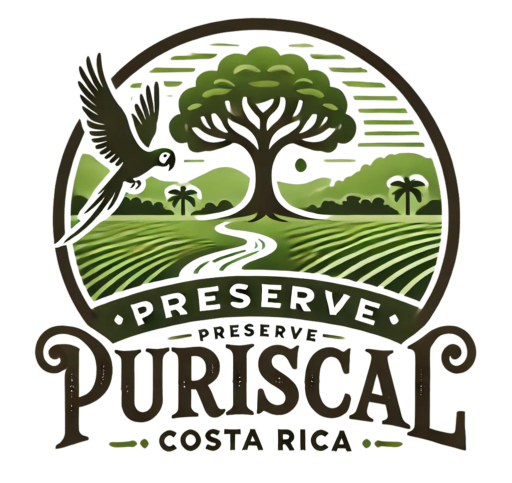
When it comes to buying real estate in Costa Rica, there are a few key things to keep in mind. First and foremost, it’s important to understand the legal framework and regulations surrounding property ownership in the country. Costa Rica has a relatively straightforward legal system, but there are still a few nuances to be aware of.
One important thing to note is that foreign buyers are subject to the same laws and regulations as Costa Rican citizens. This means that you’ll need to go through the same process of finding and purchasing property as someone who is a resident of the country. Additionally, you’ll need to be aware of any restrictions or limitations on foreign ownership of property in the area where you’re looking to buy.
Another important consideration is the location of the property. Costa Rica is a small country, but it offers a wide variety of different landscapes and climates. Some areas are more developed and tourist-friendly, while others are more rural and remote. Before making a purchase, it’s important to research the area and consider factors like accessibility, infrastructure, and proximity to amenities.
When it comes to the actual process of buying property, it’s important to work with a reputable and experienced real estate agent. They will be able to guide you through the process and ensure that everything is done legally and correctly. Additionally, they will be able to provide you with information about the local market and help you find properties that match your specific needs and preferences.
Another important step in the process is to hire a lawyer. They will be able to review all the legal documents and ensure that everything is in order. They will also be able to explain any legal terms or clauses that you may not understand. This is especially important if you are not fluent in Spanish, as many of the legal documents will be in Spanish.
When it comes to financing, it’s important to be aware that there are different options available. Some buyers choose to pay cash for their property, while others opt for financing through a local bank or mortgage company. It’s important to research the different options and find the one that best suits your needs and budget.
Finally, it’s important to be aware of the tax implications of buying property in Costa Rica. The country has a relatively low tax rate compared to many other countries, but there are still certain taxes and fees that you will need to pay. These include property taxes, transfer taxes, and capital gains taxes.
In summary, buying real estate in Costa Rica can be a great investment, but it’s important to be aware of the legal framework, regulations, location, and tax implications. It’s also important to work with a reputable real estate agent, lawyer, and to research different financing options. With proper research, due diligence and preparation, owning a property in Costa Rica can be a great way to enjoy the country’s beautiful landscapes and friendly culture.
